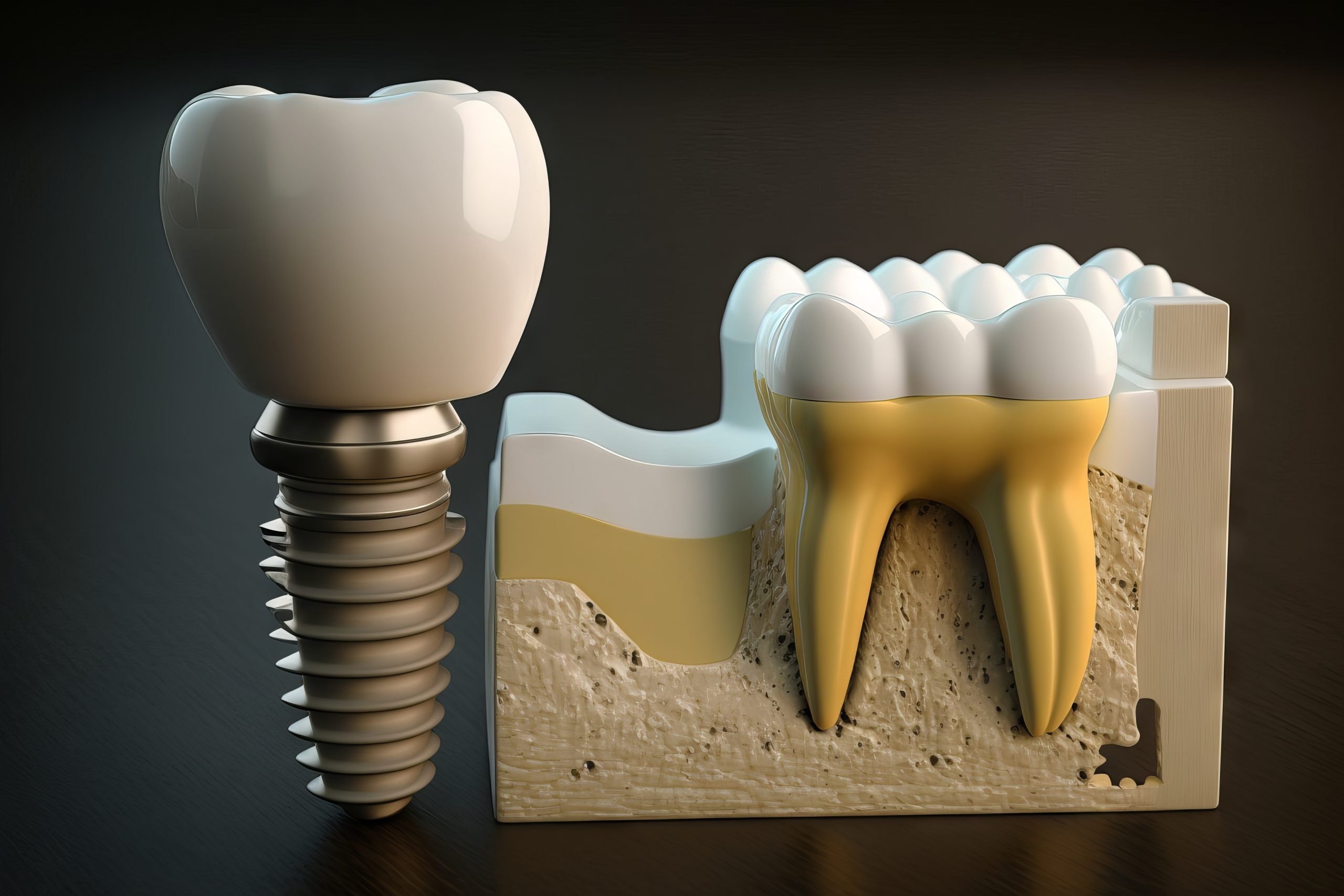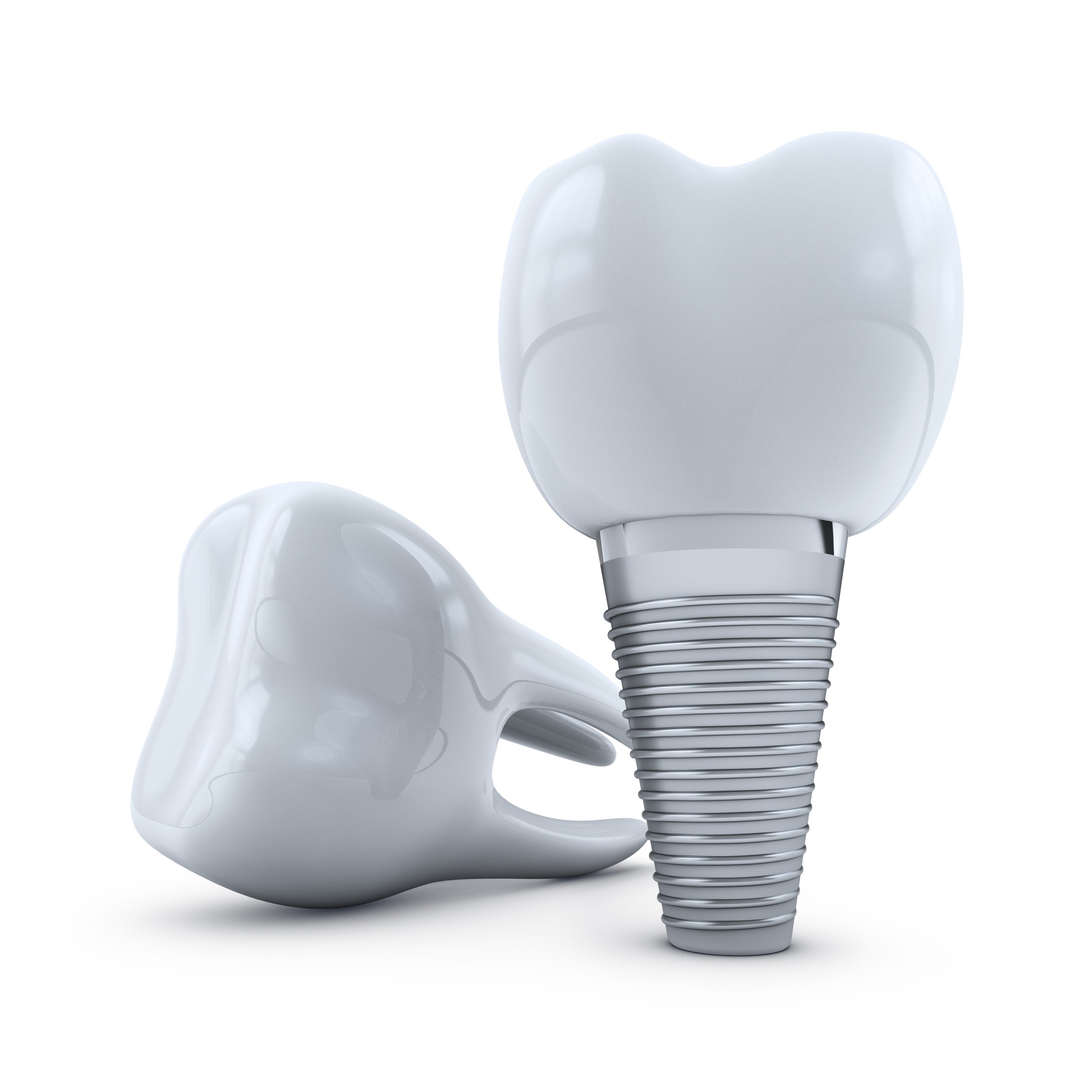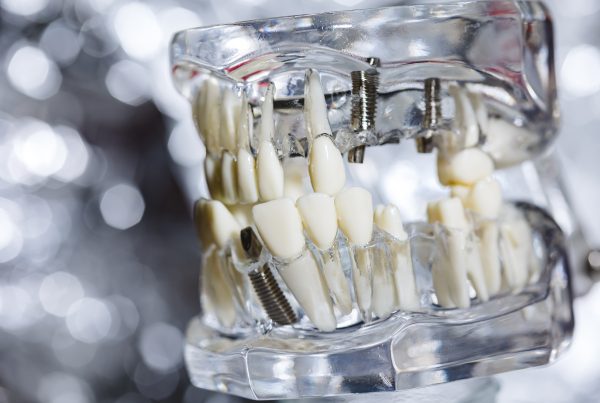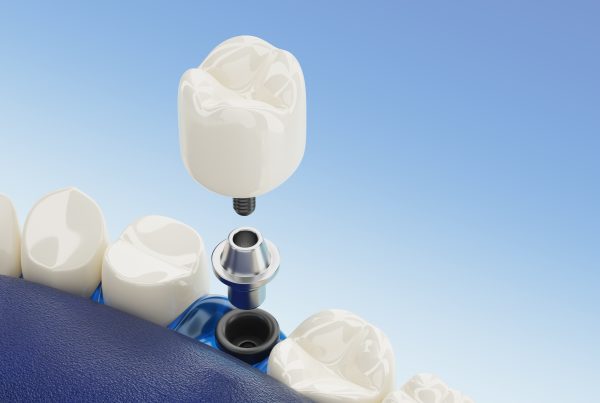A Discussion On The Cost Of A Single Dental Implant
The average cost of a single dental implant in Texas is $3,600. This number can vary widely depending on various factors, including the location within the state, the dentist's experience, the type of implant used, and any additional procedures that may be required. Dental implants are a popular and effective solution for replacing missing teeth, providing both functional and aesthetic benefits. However, the expense associated with this dental procedure is a common concern for patients. In this article, we will explore the factors that influence the cost of a single dental implant in Texas, giving you a better understanding of what to expect when considering this dental treatment in the Lone Star State.

Are there price variations for dental implants in different cities or regions within Texas?
Yes, there are notable price variations for dental implants in different cities and regions within Texas. The cost of dental implants can fluctuate based on the local economic factors, demand for dental services, and the cost of living in a particular area. Generally, major cities like Houston, Dallas, and Austin tend to have higher costs for dental implants compared to smaller towns or rural areas. Additionally, the fees charged by dental professionals may also differ, with more experienced and specialized implantologists typically charging higher rates. Patients should be prepared to see differing price quotes when seeking dental implant treatment in various parts of Texas, and it’s advisable to consult with multiple dentists and clinics to find the best balance between cost and quality of care.
Does the type of dental implant material affect the cost, and if so, how?
Yes, the type of dental implant material can significantly affect the cost of the procedure. Dental implants are commonly made from two primary materials: titanium and zirconia. Titanium implants are the more traditional and widely used option due to their durability and compatibility with the human body. These tend to be more cost-effective because they have a longer track record and are often covered by insurance. On the other hand, zirconia implants, while known for their aesthetic advantages and biocompatibility, are generally more expensive due to their advanced technology and the precision required in their manufacturing. Therefore, patients can expect to pay a higher price for zirconia implants compared to titanium ones, with the choice of material playing a significant role in determining the overall cost of the dental implant procedure.


Are there any additional fees, such as consultation, imaging, or post-operative care, associated with dental implant procedures in Texas?
Yes, there can be additional fees associated with dental implant procedures in Texas. These extra costs often include:
- Consultation Fees: Many dental practices charge for the initial consultation, during which the dentist assesses your oral health, discusses treatment options, and formulates a treatment plan. This fee may vary from one dental office to another.
- Imaging Costs: Before the dental implant procedure, various imaging techniques such as X-rays or CT scans are often required for precise planning and placement. These imaging costs are typically separate from the implant procedure itself.
- Preparatory Procedures: In some cases, patients may need additional dental procedures, like bone grafting or sinus lifts, to ensure a stable foundation for the implant. These procedures come with their own associated costs.
- Post-Operative Care: After the implant surgery, follow-up appointments and any necessary aftercare can lead to additional expenses. It’s crucial to consider these ongoing costs when budgeting for the overall dental implant procedure.
- Anesthesia Costs: Depending on the type of anesthesia used during the implant surgery, there may be fees associated with its administration.
It’s essential to discuss all potential fees with your dental provider during the initial consultation to get a clear understanding of the total cost of the dental implant procedure in Texas. Additionally, dental insurance coverage may vary, and some plans may cover certain aspects of the treatment while others do not, so it’s important to check with your insurance provider regarding coverage.
Do dental insurance plans typically cover any portion of the cost for dental implants in the state?
Dental insurance plans in the state of Texas, as in many other parts of the United States, typically do not provide comprehensive coverage for the entire cost of dental implants. Dental insurance often categorizes dental implants as a cosmetic or elective procedure, which may lead to limited or no coverage for this treatment. However, some insurance plans may offer coverage for specific aspects of the implant procedure, such as consultations, diagnostic imaging, or the restoration (the crown or bridge attached to the implant).
It’s important to note that coverage and policies can vary widely among insurance providers and plans, so it’s advisable to review your specific insurance policy or contact your insurance company to understand the extent of coverage for dental implants. In cases where dental insurance falls short, patients may explore alternative financing options or dental discount plans to help manage the costs of their implant treatment.


Are there financing options available for patients who cannot afford the full cost upfront?
Yes, there are financing options available for patients in Texas who cannot afford the full cost of dental implants upfront. Many dental practices and clinics offer in-house financing or payment plans, allowing patients to spread the cost of their dental implant procedure over several months. Additionally, third-party financing companies like CareCredit and LendingClub offer healthcare financing options, which can cover dental implant costs and provide flexible repayment terms. These financing options make it more manageable for individuals to access the dental care they need while accommodating their budget constraints. Patients should discuss these financing options with their chosen dental provider to find a solution that suits their financial situation.



